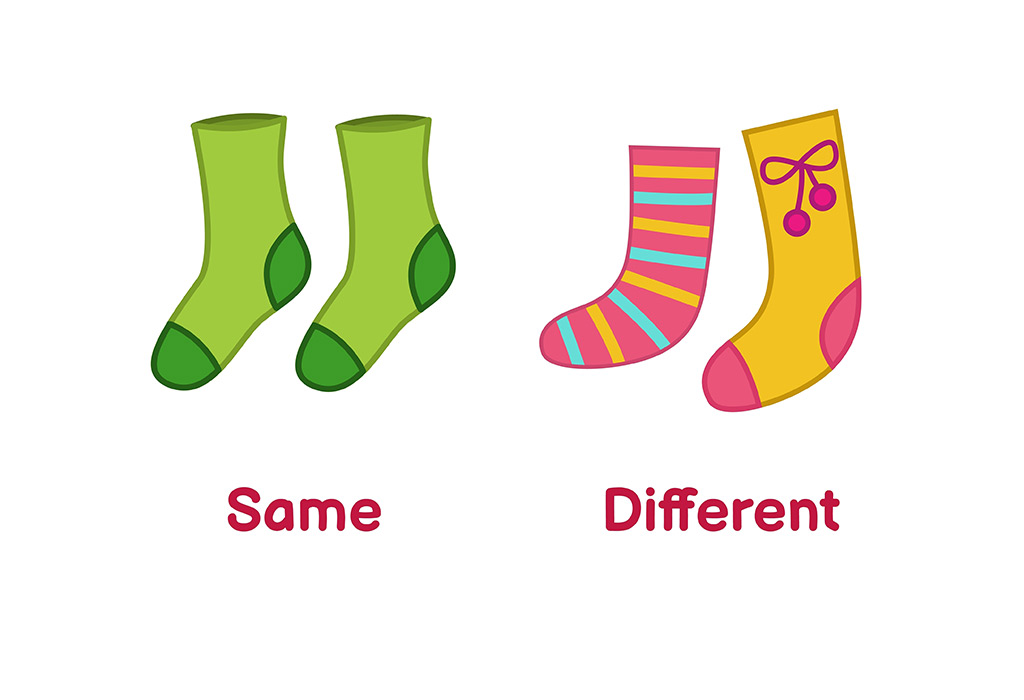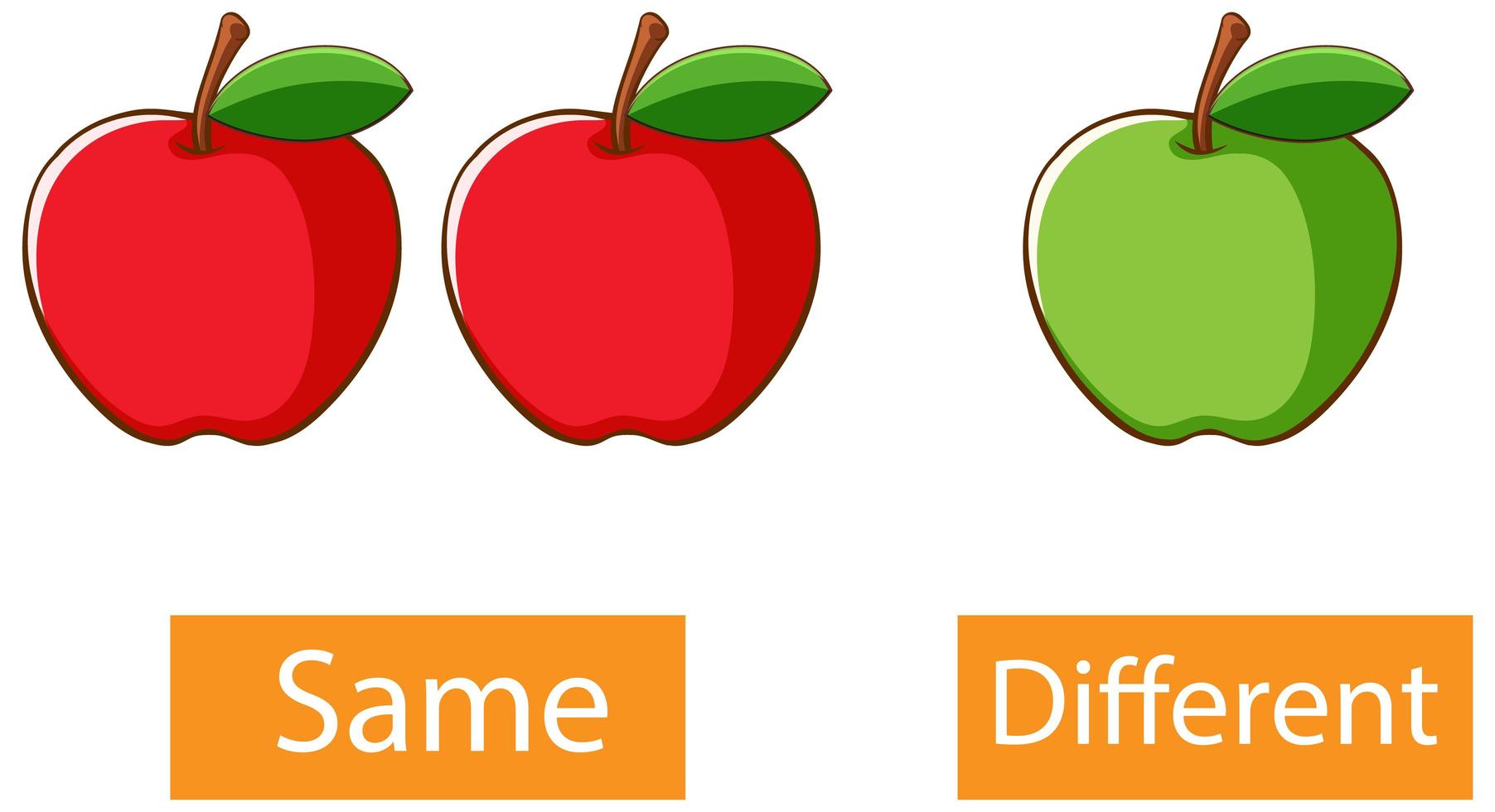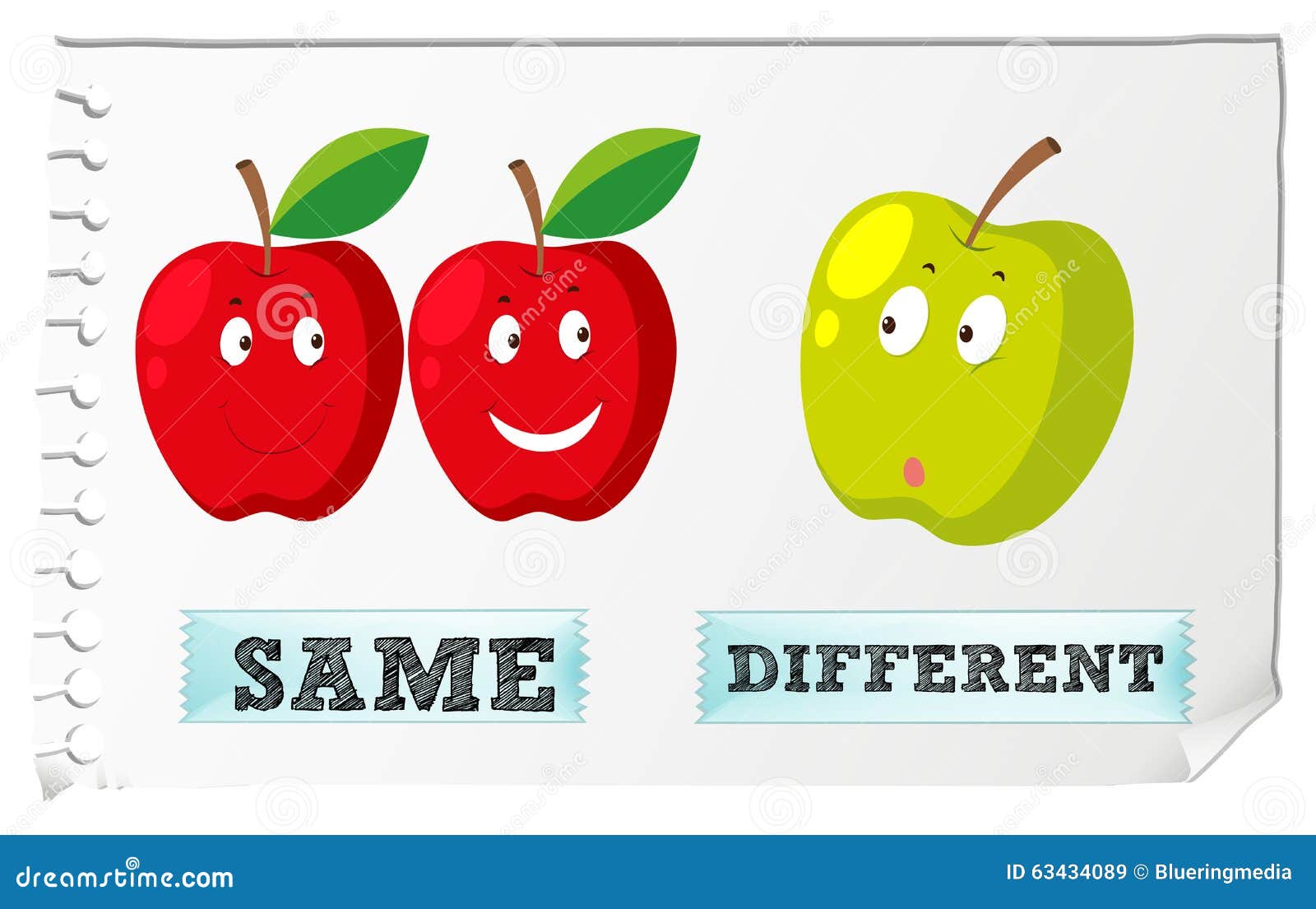The Enduring Power Of "Same Love": A Song That Changed Hearts
**In an era where music often mirrors societal shifts, few songs have resonated with the profound impact and cultural significance of "Same Love." Released as the third single from their critically acclaimed 2012 debut studio album, *The Heist*, this groundbreaking track by American hip hop duo Macklemore & Ryan Lewis wasn't just a song; it was a powerful anthem that amplified the voices of the LGBTQ+ community, challenging preconceptions and fostering a deeper understanding of love and equality.** Its release marked a pivotal moment, not only for hip-hop but for the broader conversation surrounding civil rights and human dignity, propelling a message of acceptance into the mainstream consciousness with unprecedented force.
At its core, "Same Love" is a courageous and vulnerable exploration of identity, prejudice, and the universal desire for connection. It arrived at a crucial time when the debate over marriage equality was reaching a fever pitch across the United States and globally. By weaving personal narratives with broader societal critiques, Macklemore & Ryan Lewis, alongside the soulful voice of Mary Lambert, crafted a piece of art that transcended musical genres, becoming a rallying cry for empathy and a testament to the idea that love, in all its forms, is inherently the same.
Table of Contents
- The Visionaries Behind "Same Love": Macklemore & Ryan Lewis
- The Genesis of "Same Love": A Personal Journey
- Lyrical Depth and Unflinching Honesty in "Same Love"
- Mary Lambert's Poignant Contribution: The Heart of "Same Love"
- Cultural Impact and Mainstream Acceptance of "Same Love"
- "Same Love" as a Catalyst for Social Change
- Live Performances and the Enduring Legacy of "Same Love"
- The Universal Message: Stripping Away Fear for "Same Love"
- Conclusion: The Unwavering Light of "Same Love"
The Visionaries Behind "Same Love": Macklemore & Ryan Lewis
"Same Love" is a song by American hip hop duo Macklemore & Ryan Lewis, a collaboration that brought together the insightful lyricism of Ben Haggerty (Macklemore) and the innovative production of Ryan Lewis. Their partnership, forged in Seattle, Washington, quickly gained recognition for its independent spirit and willingness to tackle unconventional themes within the hip-hop genre. Unlike many mainstream artists, they built their career from the ground up, releasing music independently and connecting directly with their audience, which lent an authentic and grassroots feel to their work.
- Jessica Springsteen Married
- Miu Shiromine
- Kaitlan Collins Husband
- Breckie Hill Leaked Video
- Sophie Raiin Spider Man
Their debut studio album, *The Heist*, released in 2012, was a monumental success, propelled by singles like "Thrift Shop" and "Can't Hold Us." However, it was "Same Love" that truly solidified their reputation as artists committed to social commentary and progressive values. Their decision to release a song openly advocating for LGBTQ+ rights, particularly marriage equality, was a bold move in a genre not traditionally known for such overt political and social stances. This courage, combined with their undeniable musical talent, allowed "Same Love" to transcend typical music consumption and become a cultural phenomenon.
Macklemore & Ryan Lewis: Key Information
| Members: | Ben Haggerty (Macklemore), Ryan Lewis |
| Origin: | Seattle, Washington, U.S. |
| Genre: | Hip Hop, Pop Rap, Conscious Hip Hop |
| Active Years: | 2009–2017 (as a duo); Macklemore continues as a solo artist |
| Notable Album: | *The Heist* (2012) |
| Key Song: | "Same Love" (feat. Mary Lambert) |
The Genesis of "Same Love": A Personal Journey
The creation of "Same Love" was deeply rooted in Macklemore's personal experiences and observations, making the song incredibly authentic and relatable. It wasn't merely a political statement but a narrative woven from the fabric of his own life and the lives of those around him. This personal connection is evident from the very first lines of the song, setting a tone of introspection and vulnerability that rarely graces mainstream hip-hop.
A Child's Early Perceptions
Macklemore opens "Same Love" with a striking and memorable anecdote from his childhood, immediately drawing listeners into his evolving understanding of identity and sexuality: "When I was in the 3rd grade / I thought that I was gay / 'cause I could draw, my uncle was / and I kept my room straight." This lyric is not just a personal confession; it's a poignant illustration of how societal stereotypes and limited understanding can shape a child's self-perception. The innocence of his reasoning – associating being gay with artistic talent and neatness – highlights the absurdity of the prejudices he would later confront.
He continues this narrative of self-discovery and the fear of judgment: "I told my mom, tears rushing down my face, she's like, '...'" This unfinished sentence, a moment of raw emotion, perfectly captures the anxiety and vulnerability associated with coming out or even questioning one's sexuality in a world that often demonizes difference. It speaks to the immense courage it takes for individuals, especially young people, to confront these fears and seek acceptance from their loved ones. The song's ability to articulate such deeply personal moments is what makes "Same Love" resonate so profoundly with a diverse audience.
Lyrical Depth and Unflinching Honesty in "Same Love"
Beyond its personal anecdotes, "Same Love" delves into a complex tapestry of themes, weaving together references to historical struggles, religious interpretations, and the everyday realities faced by LGBTQ+ individuals. The song features Mary Lambert's chorus and references biblical verses, civil rights movements, and personal stories of LGBT people, creating a multifaceted argument for equality that is both intellectually rigorous and emotionally compelling. This comprehensive approach elevated the song from a mere pop track to a significant piece of social commentary.
Challenging Dogma with Biblical References
One of the song's most audacious and impactful elements is its direct engagement with religious arguments often used to condemn homosexuality. Macklemore doesn't shy away from addressing these deeply ingrained beliefs, instead choosing to challenge them head-on. By referencing biblical verses, he critiques the selective interpretations of scripture used to justify discrimination, arguing for a more inclusive and compassionate understanding of faith. He highlights the hypocrisy of those who preach hate in the name of a loving God, urging listeners to look beyond narrow dogmas to the fundamental principles of love and acceptance that underpin many spiritual traditions. This approach was particularly powerful in reaching audiences who might have been resistant to the message of "Same Love" if presented solely from a secular viewpoint.
Echoes of Civil Rights Movements
"Same Love" consciously draws parallels between the struggle for LGBTQ+ rights and historical civil rights movements, particularly the African American civil rights movement. By framing the fight for marriage equality within this broader historical context, the song positions LGBTQ+ rights not as a fringe issue, but as a continuation of humanity's ongoing quest for justice and equality. This comparison underscores the idea that discrimination, regardless of its target, stems from the same roots of fear and ignorance. The song argues that denying rights based on sexual orientation is no different from denying rights based on race or gender, reinforcing the universal nature of the fight for human dignity. This strategic comparison helped to broaden the song's appeal and its persuasive power, making the case for "Same Love" undeniable.
Mary Lambert's Poignant Contribution: The Heart of "Same Love"
While Macklemore's verses provide the narrative and intellectual framework for "Same Love," it is Mary Lambert's chorus that truly encapsulates the song's emotional core and universal appeal. Her hauntingly beautiful and vulnerable vocals deliver lines that resonate with profound simplicity and truth. The repeated refrain, "And I can't change even if I tried, even if I wanted to," is a powerful declaration of inherent identity. It speaks to the fundamental truth that sexual orientation is not a choice, but an intrinsic part of who a person is. This line became an anthem for countless individuals who had been told their identity was a sin or a phase, offering validation and strength.
Lambert's chorus continues with the tender and intimate lines, "My love, my love, my love, she keeps me warm, she keeps me warm, she keeps me warm, she keeps me warm." This personal expression of same-sex love is both deeply moving and disarmingly simple, stripping away political rhetoric to reveal the pure, human experience of connection and comfort. It normalizes same-sex relationships by focusing on the universal aspects of love – warmth, security, and companionship – rather than their perceived differences. Her voice, raw and unfiltered, provides a direct emotional link to the struggles and joys of LGBTQ+ people, making the abstract concept of "same love" tangible and deeply felt.
The final, poignant line of her chorus, "Love is patient," is a direct reference to 1 Corinthians 13:4, a verse often cited in wedding ceremonies. By recontextualizing this well-known biblical passage within a song about same-sex love, Lambert subtly yet powerfully reclaims the narrative, suggesting that true love, as described in scripture, transcends gender and orientation. Her contribution is not just a vocal performance; it is an act of artistic and social advocacy that cemented "Same Love" as an unforgettable anthem.
Cultural Impact and Mainstream Acceptance of "Same Love"
The release of "Same Love" by Macklemore and Ryan Lewis featuring Mary Lambert was a watershed moment in popular culture. It wasn't just a hit song; it was a cultural phenomenon that significantly shifted the conversation around LGBTQ+ rights in mainstream media. The track quickly gained widespread attention, not only for its powerful message but also for its compelling musicality, blending hip-hop verses with a soaring pop chorus.
The song's success was remarkable, particularly given its overtly political and socially charged theme. It achieved significant commercial success, peaking at number 11 on the Billboard Hot 100 chart in the United States and reaching top positions in several other countries, including number 1 in Australia and New Zealand. This widespread chart performance demonstrated a significant public appetite for a message of inclusion and equality, proving that a song advocating for LGBTQ+ rights could resonate with a broad, diverse audience.
Beyond the charts, "Same Love" garnered critical acclaim, praised for its bravery, lyrical depth, and emotional honesty. Many critics hailed it as a groundbreaking moment for hip-hop, a genre often criticized for its past homophobic tendencies. As one Japanese description eloquently put it, "この記事では同性愛をテーマにした「Same Love(セイムラブ)」という音楽の紹介をします。マックルモアとライアン・ルイスがタッグを組んで作成した楽曲です。「ヒップホップ界の歴史を変えた」といっても過言じゃない音楽なんですよ!!" (This article introduces the music "Same Love" which has homosexuality as its theme. It is a song created by Macklemore and Ryan Lewis. It is no exaggeration to say that this music "changed the history of hip-hop"!). This sentiment was echoed globally, recognizing the song's pivotal role in pushing hip-hop towards greater inclusivity and social consciousness.
"Same Love" as a Catalyst for Social Change
More than just a popular song, "Same Love" became an undeniable force in the ongoing struggle for LGBTQ+ rights, particularly in the context of marriage equality. Released in 2012, it arrived at a critical juncture when states across the U.S. were debating and voting on same-sex marriage initiatives. The song provided a powerful soundtrack to this movement, offering a voice of support and empathy that resonated deeply with activists, allies, and those directly affected by discriminatory laws.
The song's impact was not merely symbolic. Its widespread popularity helped to normalize conversations about homosexuality and same-sex relationships in everyday settings – on radio waves, in homes, and in schools. By presenting the struggles of a gay man and his family, "Same Love" humanized the issue, moving it beyond abstract legal arguments to the personal realities of love, commitment, and the desire for recognition. The music video, featuring a same-sex couple's life journey from childhood to old age, further amplified this humanizing effect, allowing viewers to witness the universal beauty of love regardless of gender.
The song was frequently played at rallies and protests for marriage equality, serving as an anthem that galvanized support and inspired hope. Its message resonated with political figures and advocacy groups, becoming a staple in the discourse surrounding equal rights. When the Supreme Court legalized same-sex marriage nationwide in 2015, "Same Love" was widely cited as a cultural touchstone that had helped pave the way for this historic decision, demonstrating the profound influence of art in shaping public opinion and driving social progress.
Live Performances and the Enduring Legacy of "Same Love"
The power of "Same Love" was amplified through its live performances, which often transcended typical concert experiences to become profound cultural moments. Macklemore performs the hit song live in Central Park for the "GMA" concert series, showcasing its ability to captivate and move large, diverse audiences in a mainstream setting. These performances were not just about entertainment; they were opportunities for collective affirmation and celebration of love and equality.
Perhaps the most iconic live performance of "Same Love" occurred at the 56th Annual Grammy Awards in 2014. During the performance, Queen Latifah officiated the marriage of 33 same-sex and heterosexual couples, with Madonna joining Mary Lambert on stage. This event was a powerful, televised statement on marriage equality, reaching millions of viewers worldwide and cementing the song's place in history as a vehicle for social change. It was a moment that underscored the song's message: that love is love, and it deserves equal recognition and celebration.
Even years after its initial release, "Same Love" continues to be a relevant and cherished anthem. Its message of acceptance, understanding, and the inherent nature of identity remains as vital as ever. The song is frequently used in educational settings, documentaries, and social justice campaigns, serving as a powerful tool for fostering empathy and promoting dialogue. Its enduring legacy lies not just in its musicality or chart success, but in its unwavering commitment to advocating for the fundamental human right to love and be loved, regardless of who you are.
The Universal Message: Stripping Away Fear for "Same Love"
At the heart of "Same Love" lies a simple yet profound truth: that underneath all the societal constructs, prejudices, and fears, human love is fundamentally the same. The song's most powerful lyrical contribution to this idea comes in the bridge, delivered with conviction:
"We come from the same one, strip away the fear
Underneath, it's all the same love
About time that we raised up"
This segment encapsulates the core philosophy of the song. It suggests that division and hatred are products of fear – fear of the unknown, fear of difference, fear of challenging established norms. By urging listeners to "strip away the fear," Macklemore invites a deeper introspection, encouraging them to recognize the shared humanity that binds us all. When fear is removed, what remains is the pure, unadulterated essence of love, which transcends categories and labels. This powerful call to action is not just about tolerance, but about active acceptance and celebration of all forms of love.
Love is Patient: A Timeless Truth
As mentioned earlier, Mary Lambert's concluding line in the chorus, "Love is patient," serves as a powerful reminder of the enduring qualities of true affection. This phrase, often associated with traditional notions of love, is repurposed within "Same Love" to underscore its universal applicability. It suggests that the journey towards acceptance, both personal and societal, requires patience – patience with oneself, patience with others, and patience with the slow but inevitable march of progress. It is a testament to the resilience of love in the face of adversity and a hopeful vision for a future where all love is recognized and celebrated equally. The song's enduring message is that love, in its purest form, is indeed the same love for everyone.
Conclusion: The Unwavering Light of "Same Love"
"Same Love" by Macklemore & Ryan Lewis featuring Mary Lambert stands as a monumental achievement in contemporary music and a powerful beacon for social justice. From its deeply personal origins, rooted in Macklemore's childhood perceptions and the struggles of LGBTQ+ individuals, to its intricate lyrical tapestry referencing biblical verses and civil rights movements, the song masterfully articulated a message of profound importance. Mary Lambert's evocative chorus, declaring "I can't change even if I tried" and celebrating the warmth of her love, provided the emotional anchor that resonated with millions.
Its unprecedented mainstream success not only shattered stereotypes within the hip-hop genre but also played a significant role in shifting public opinion towards marriage equality. "Same Love" became more than just a song; it transformed into an anthem, a catalyst for conversation, and a source of solace and empowerment for the LGBTQ+ community and its allies. Its live performances, particularly the iconic Grammy Awards ceremony, cemented its place in history as a cultural touchstone that helped pave the way for tangible social change.
The enduring legacy of "Same Love" lies in its timeless message: that when we strip away fear and prejudice, what remains is the universal, undeniable truth that love is indeed the same love. It reminds us that empathy, understanding, and acceptance are not just ideals, but essential components of a just and compassionate society. We invite you to listen to "Same Love" again, reflect on its powerful message, and share your thoughts on how this song has impacted you. What other songs do you believe have made a significant difference in fostering social change? Let us know in the comments below, and consider exploring other articles on our site that delve into the intersection of music and social impact.
- Delicious And Personalized The Art Of Custom Udon Creations
- Aditi Mistry Nip Slip The Full Story Behind The Viral Moment
- Miu Shiromine
- Peter Ellis Kings Guard
- King Von Autopsy

Teach Kids About The Concept of "Same & Different"

Same Vector Art, Icons, and Graphics for Free Download

Identical Clipart